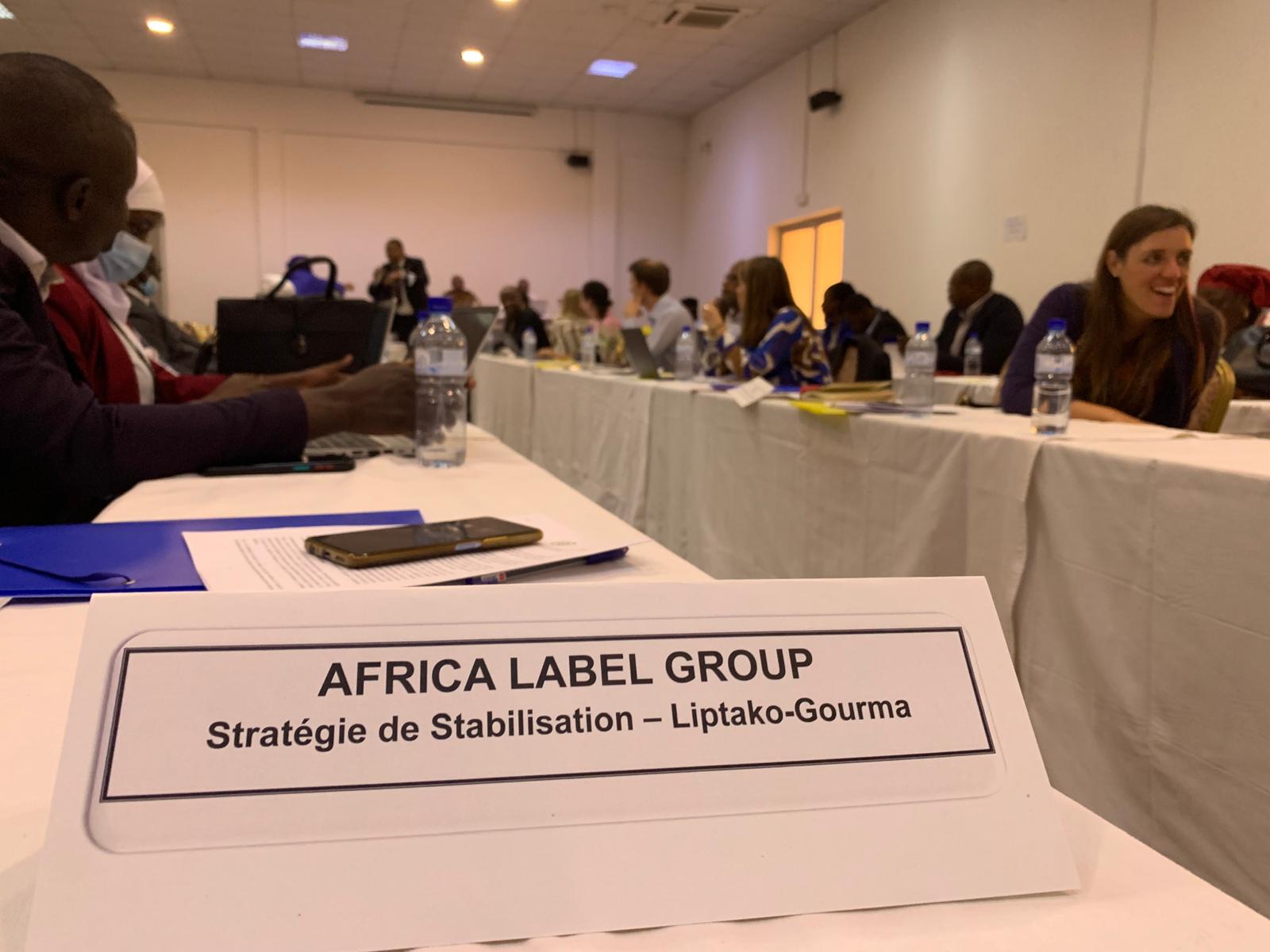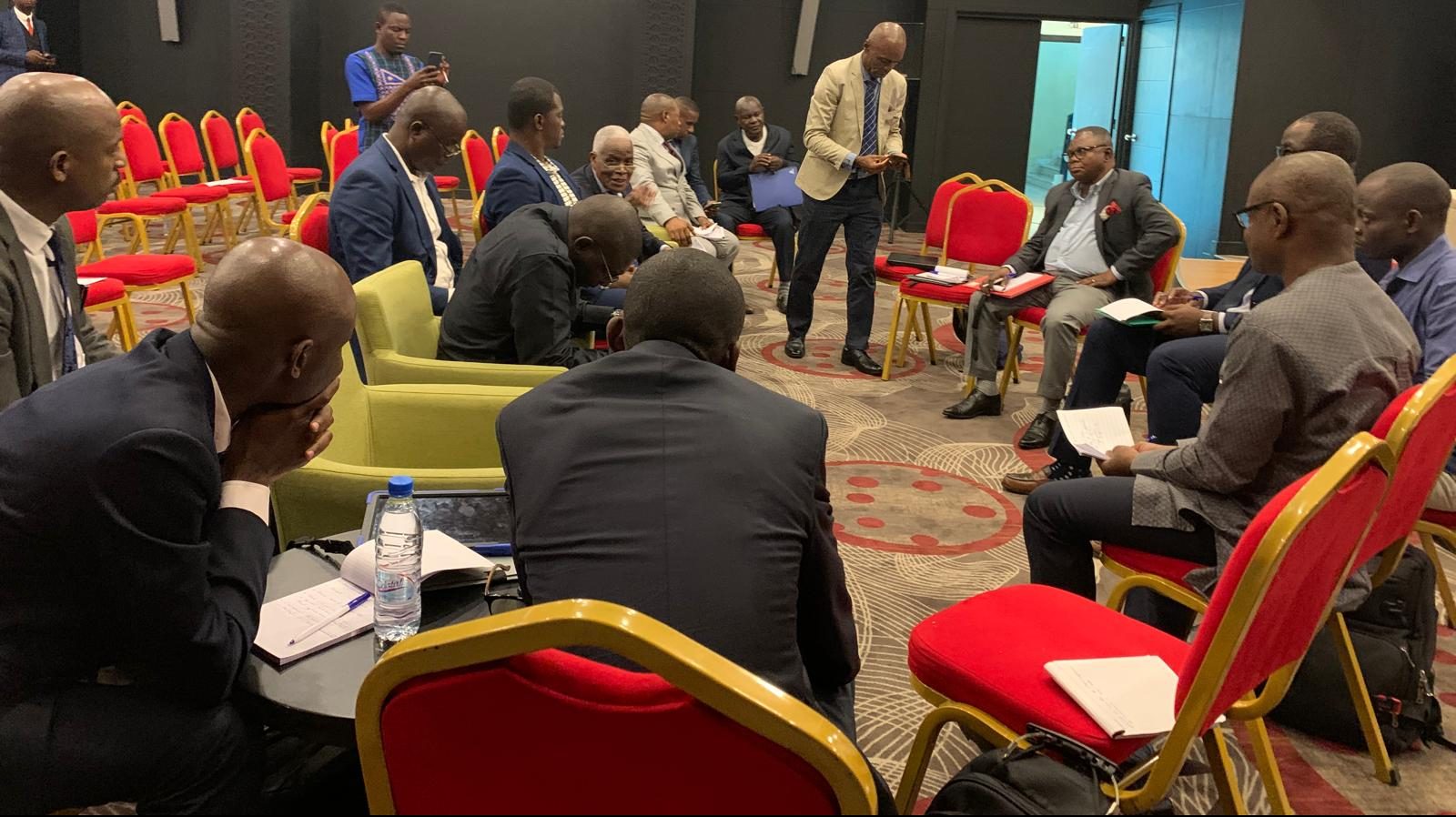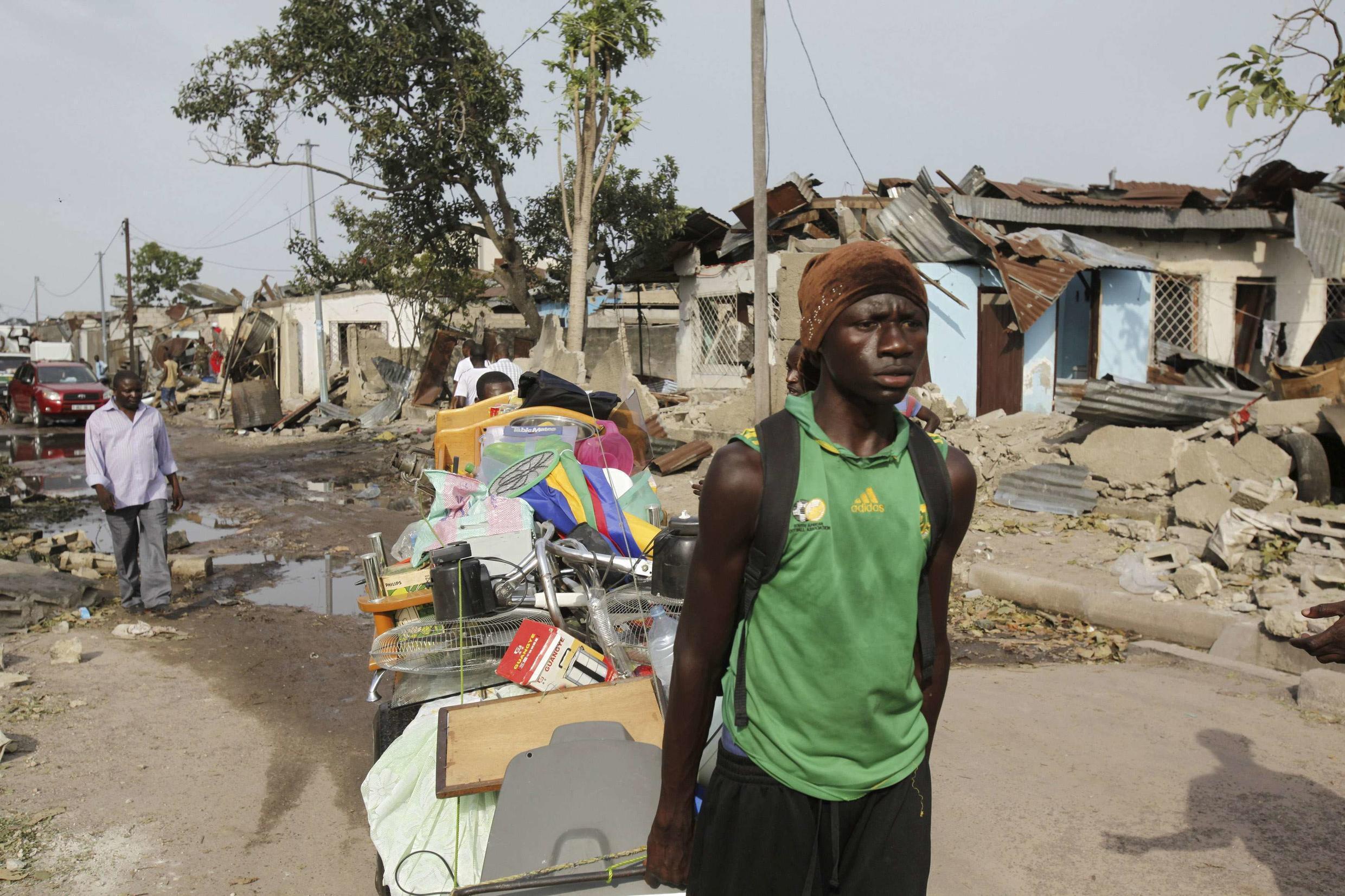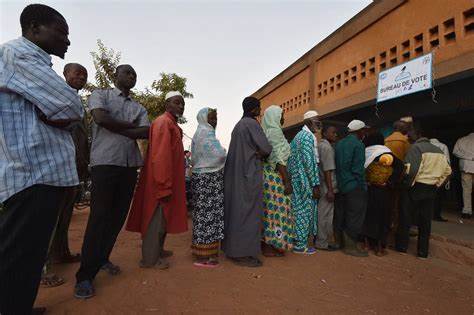TVET Strategy in Violent Extremism Context in the Sahel
The Sahel region, spanning across Africa from Senegal to Sudan, has been a hotbed of violent extremism for years. This has led to a significant disruption in the socio-economic fabric of the region, with education being one of the most affected sectors. In response, Technical and Vocational Education and Training (TVET) has emerged as a strategic approach to counter violent extremism in the Sahel. This article explores the role and impact of TVET in this context.
Over the past five years, ALG has successfully completed numerous projects in the region in collaboration with esteemed international partners such as the United Nations Development Programme (UNDP) through its regional stabilization program, the United Nations Educational, Scientific and Cultural Organization (UNESCO) through its regional office in Dakar, Heifer International, the International Republican Institute, and the World Bank. This article leverages the valuable lessons learned from these interventions to inform its insights and recommendations.
Understanding the Sahel Context
The Sahel region, which stretches across the African continent from the Atlantic Ocean in the west to the Red Sea in the east, is marked by a unique and intricate tapestry of socio-economic, political, and environmental challenges. This arid and semi-arid zone, which includes countries such as Mali, Niger, Burkina Faso, Chad, and Mauritania, faces a myriad of issues that significantly impact the daily lives of its inhabitants.
One of the most pressing challenges in the Sahel is the pervasive poverty that affects millions of people. The socio-economic fabric of the region is frayed, with a significant portion of the population living below the poverty line. High levels of unemployment, particularly among the youth, exacerbate this situation, leaving many without viable means of support or opportunity for advancement. The lack of economic prospects has contributed to feelings of disenfranchisement and frustration, which can lead to social unrest and a susceptibility to extremist ideologies.
In addition to these economic challenges, the Sahel is grappling with political instability that undermines governance and the rule of law. Weak state institutions, coupled with corruption and a lack of accountability, have eroded public trust in government. This vacuum of authority often creates fertile ground for non-state actors, including violent extremist groups, to thrive. These groups exploit the existing grievances of the population, positioning themselves as alternatives to ineffective state structures, further complicating the political landscape.
Environmental changes, particularly the impacts of climate change, have also played a significant role in shaping the Sahel’s challenges. The region is experiencing increasingly severe droughts, desertification, and fluctuations in rainfall patterns, which threaten agricultural productivity and food security. As communities struggle to adapt to these changes, competition for scarce resources such as water and arable land intensifies, leading to conflicts that can spiral into violence. This environmental degradation not only affects livelihoods but also exacerbates existing tensions, making it more difficult to achieve sustainable peace.
The confluence of these factors has created a precarious situation in the Sahel, where violent extremism has surged in recent years. According to the United Nations Development Programme (UNDP), over 33,000 individuals have lost their lives due to violent extremist attacks in the Sahel since 2011. This staggering figure highlights the urgent need for comprehensive strategies that address not only the symptoms of violence but also the underlying socio-economic and political issues that fuel it.
Understanding the Sahel context requires a nuanced analysis of the interplay between poverty, unemployment, political instability, and environmental challenges. Addressing these interconnected issues is essential for fostering resilience in the region and mitigating the rise of violent extremism. As stakeholders work towards solutions, it is crucial to prioritize inclusive development, good governance, and climate adaptation strategies to build a more stable and prosperous future for the Sahelian people.
The Role of TVET in Countering Violent Extremism
In recent years, Technical and Vocational Education and Training (TVET) has emerged as a vital educational strategy aimed at equipping individuals with the practical skills and knowledge essential for meaningful employment. This approach is especially relevant in the context of the Sahel region, where socio-economic challenges are prevalent, and the threat of violent extremism looms large. The significance of TVET in countering violent extremism can be understood through several interconnected dimensions:
1. Employment Opportunities:
One of the most critical ways in which TVET serves as a countermeasure to violent extremism is by providing youth with the necessary skills required for gainful employment. In many regions, particularly in the Sahel, high unemployment rates and limited job prospects create a fertile ground for extremist groups seeking to recruit disillusioned and marginalized young individuals. By offering targeted training programs that align with the demands of the local job market, TVET enables youth to secure stable employment, thereby reducing their vulnerability to radicalization. Access to job opportunities fosters a sense of purpose and belonging, which can deter individuals from considering extremist ideologies as viable alternatives.
2. Social Inclusion:
Another crucial aspect of TVET is its role in promoting social inclusion and reducing marginalization—two significant drivers of violent extremism. Many young individuals in the Sahel face social exclusion based on factors such as economic status, education level, or ethnic background. By providing equitable access to education and vocational training, TVET helps bridge social divides and fosters a sense of community and belonging among diverse groups. This inclusivity not only empowers individuals but also promotes social cohesion, reducing the likelihood of conflict and violence. When individuals feel valued and included in society, they are less likely to be swayed by extremist narratives that exploit feelings of alienation and disenfranchisement.
3. Building Resilience:
TVET also plays a pivotal role in building resilience among individuals and communities, equipping them with the skills necessary to adapt to changing socio-economic conditions. In an ever-evolving world marked by technological advancements and economic fluctuations, the ability to acquire new skills and adapt to market demands is paramount. TVET programs are designed to be flexible and responsive, ensuring that participants are well-prepared to navigate the complexities of the job market. This adaptability not only enhances individual employability but also strengthens community resilience against the socio-economic factors that can lead to radicalization. When individuals possess the skills to thrive in their environments, they are less susceptible to the allure of extremist groups that promise quick solutions to their problems.
Technical and Vocational Education and Training (TVET) serves as a powerful tool in the fight against violent extremism, particularly in the Sahel region. By providing youth with essential employment opportunities, promoting social inclusion, and fostering resilience, TVET addresses some of the root causes that contribute to radicalization. As communities and nations continue to grapple with the challenges posed by violent extremism, investing in TVET initiatives should be viewed as a critical component of a comprehensive strategy aimed at fostering peace, stability, and sustainable development. Through education and empowerment, we can help build a future where individuals are equipped to pursue constructive paths, ultimately leading to a more secure and harmonious society.
Case Study: TVET in Mali
A case in point is Mali, where TVET has been used as a strategy to counter violent extremism. The European Union and the German Corporation for International Cooperation (GIZ) have been implementing a TVET program in Mali since 2015. The program focuses on sectors with high employment potential, such as agriculture, construction, and renewable energy.
According to GIZ, the program has trained over 20,000 young people, with 80% of the graduates finding employment or starting their own businesses. This has not only improved their socio-economic status but also reduced their vulnerability to recruitment by extremist groups.
Challenges and Recommendations for TVET Implementation in the Sahel
The implementation of Technical and Vocational Education and Training (TVET) in the Sahel region holds significant promise for fostering economic development and enhancing individual livelihoods. However, this potential is hindered by a myriad of challenges that must be addressed to ensure the effective deployment of such educational programs. Among the most pressing obstacles are inadequate funding, a lack of quality assurance mechanisms, and the disruption of educational activities caused by violent extremism.
Challenges:
1. Inadequate Funding: One of the foremost challenges facing TVET in the Sahel is the chronic underfunding of educational initiatives. Many governments in the region struggle with limited budgets and competing priorities, which results in insufficient resources allocated for vocational training programs. This financial shortfall affects the infrastructure, equipment, and instructional quality necessary for effective training.
2. Lack of Quality Assurance: Another significant hurdle is the absence of robust quality assurance mechanisms. Without these systems in place, there is a risk that TVET programs will not adequately align with the needs of the labor market. This misalignment can lead to a skills gap, where graduates are not equipped with the relevant competencies required by employers, ultimately limiting their employability.
3. Security Concerns: The Sahel region is also grappling with the destabilizing effects of violent extremism, which has led to the disruption of educational activities. Attacks on educational institutions and the intimidation of students and educators create an environment of fear, further exacerbating the challenges faced by TVET programs. This insecurity not only deters enrollment but also affects the retention of both students and qualified instructors.
Recommendations:
To effectively tackle these challenges and unlock the full potential of TVET in the Sahel, the following comprehensive recommendations are proposed:
1. Increased Funding:It is imperative for both national governments and international donors to significantly enhance their financial support for TVET programs within the Sahel. This can be achieved through the establishment of targeted funding initiatives, public-private partnerships, and international cooperation. By ensuring adequate financial resources, stakeholders can invest in necessary infrastructure, modern equipment, and skilled instructors to create high-quality vocational training programs.
2. Establishment of Quality Assurance Mechanisms: There is an urgent need to develop and implement quality assurance frameworks that can evaluate and improve the effectiveness of TVET programs. These mechanisms should involve collaboration between educational institutions and industry stakeholders to ensure that training curricula are relevant and responsive to the evolving demands of the labor market. Regular assessments and feedback loops can help maintain high standards and continuously adapt to new challenges.
3. Implementation of Security Measures: To safeguard educational institutions from extremist threats, governments must prioritize the implementation of comprehensive security measures. This could include the establishment of protective barriers around schools, the deployment of security personnel, and the development of contingency plans to respond to potential attacks. Additionally, creating a safe and supportive learning environment will encourage student enrollment and participation, contributing to the overall success of TVET programs.
Conclusion
ALG supports governments, civil society organisations ant development agencies to implement their programs in the Sahel countries. This articles builds on our overall experience in the region. It shows that TVET is a strategic approach to counter violent extremism in the Sahel. By providing youth with practical skills for employment, TVET reduces their vulnerability to recruitment by extremist groups. However, for TVET to be effective, there is a need for increased funding, quality assurance, and security measures. With these in place, TVET can play a significant role in promoting peace and stability in the Sahel.
For more information, contact our Team dedicated to the Sahel: [email protected]











